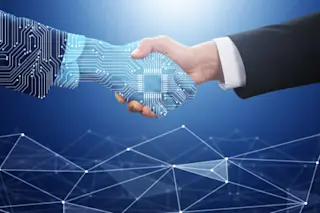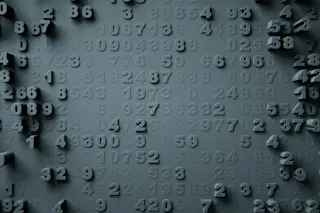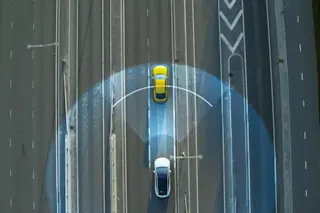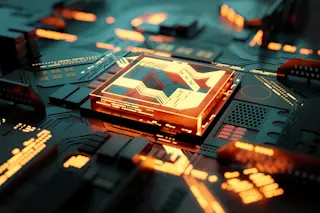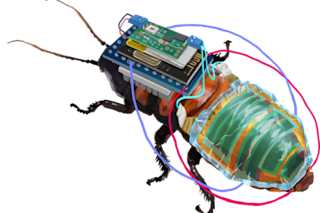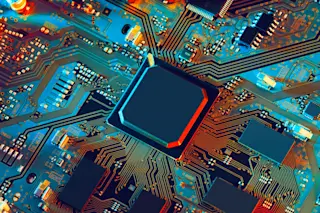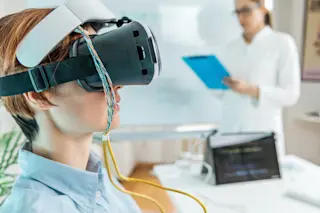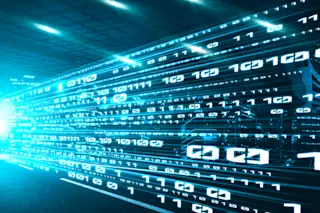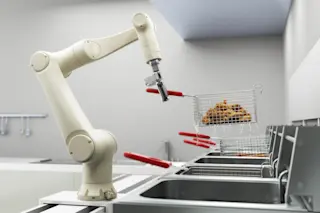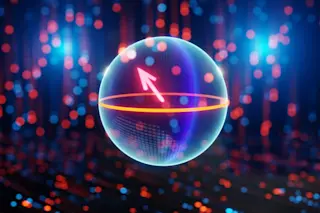People have long feared that technological innovation and progress could negatively impact their jobs. As history has proven time and again, such worries are far from unfounded.
For example, in the early 1900s pinsetters would manually reset bowling pins following a successful strike. By the 1950s, automated pinsetting technology had rendered this role all but obsolete. The same is true regarding the position of switchboard operator, a physically and mentally demanding career that increasingly became automated starting in the 1930s, leaving thousands of people to find alternate employment.
The list goes on: warehouse and manufacturing workers, travel agents, bank tellers, clerks of every kind. In the U.S., the Bureau of Labor Statistics regularly tracks the fastest declining jobs, many of them made redundant thanks to automation and invention. Will humanity’s eternal desire for progress ultimately lead to mass unemployment? Or, as has happened in the past, will it simply open ...


